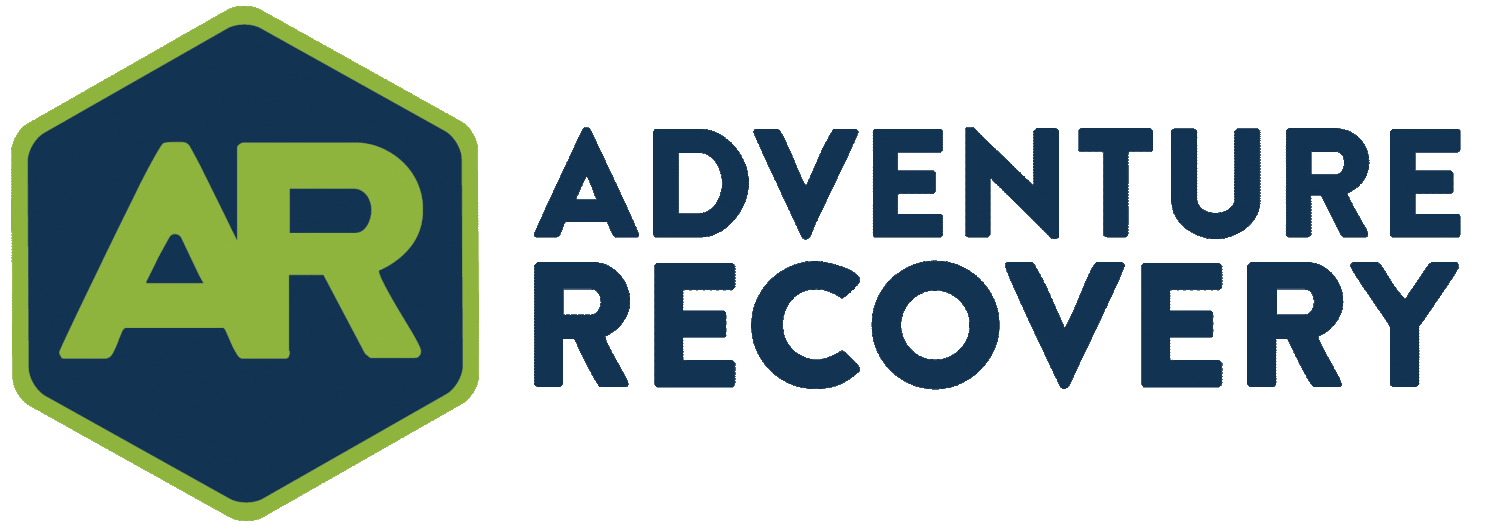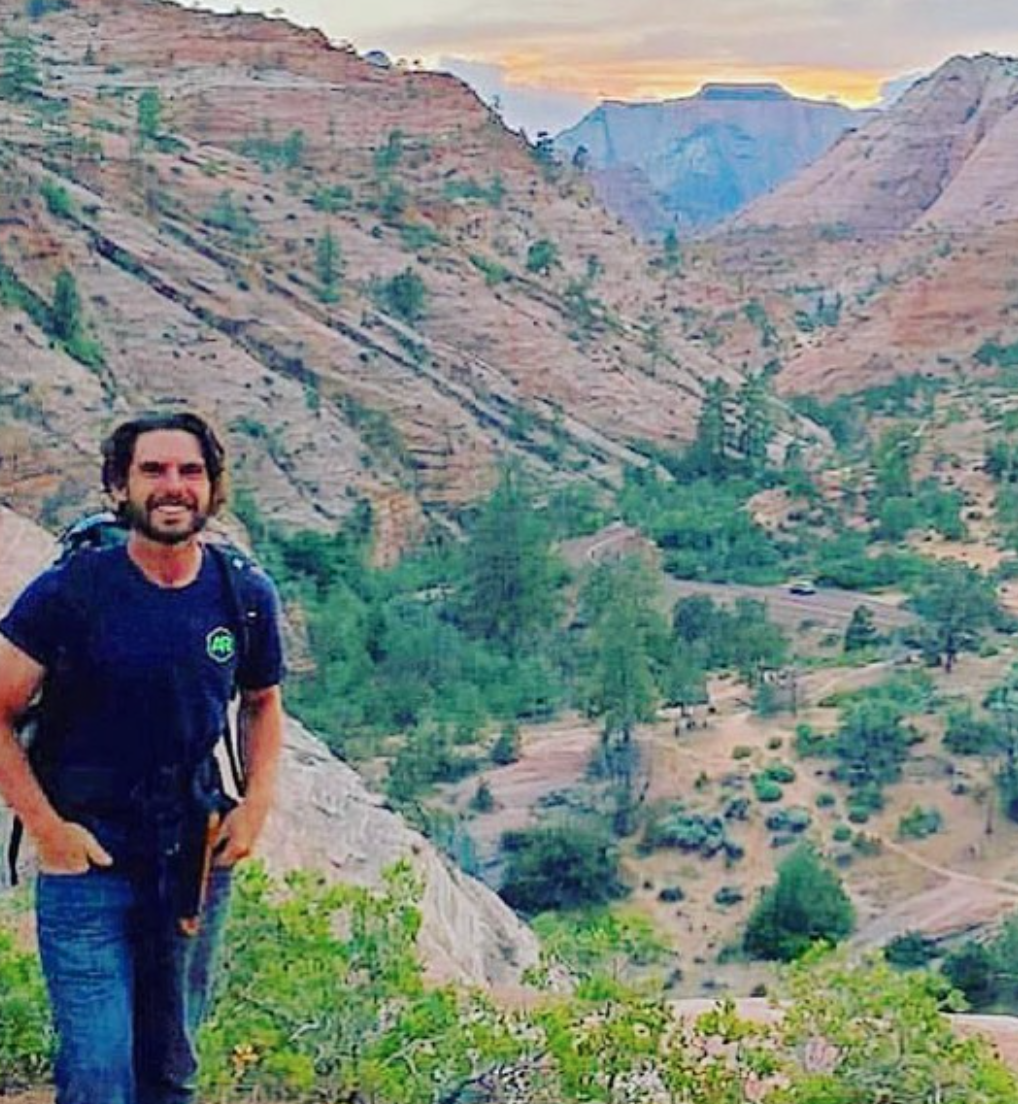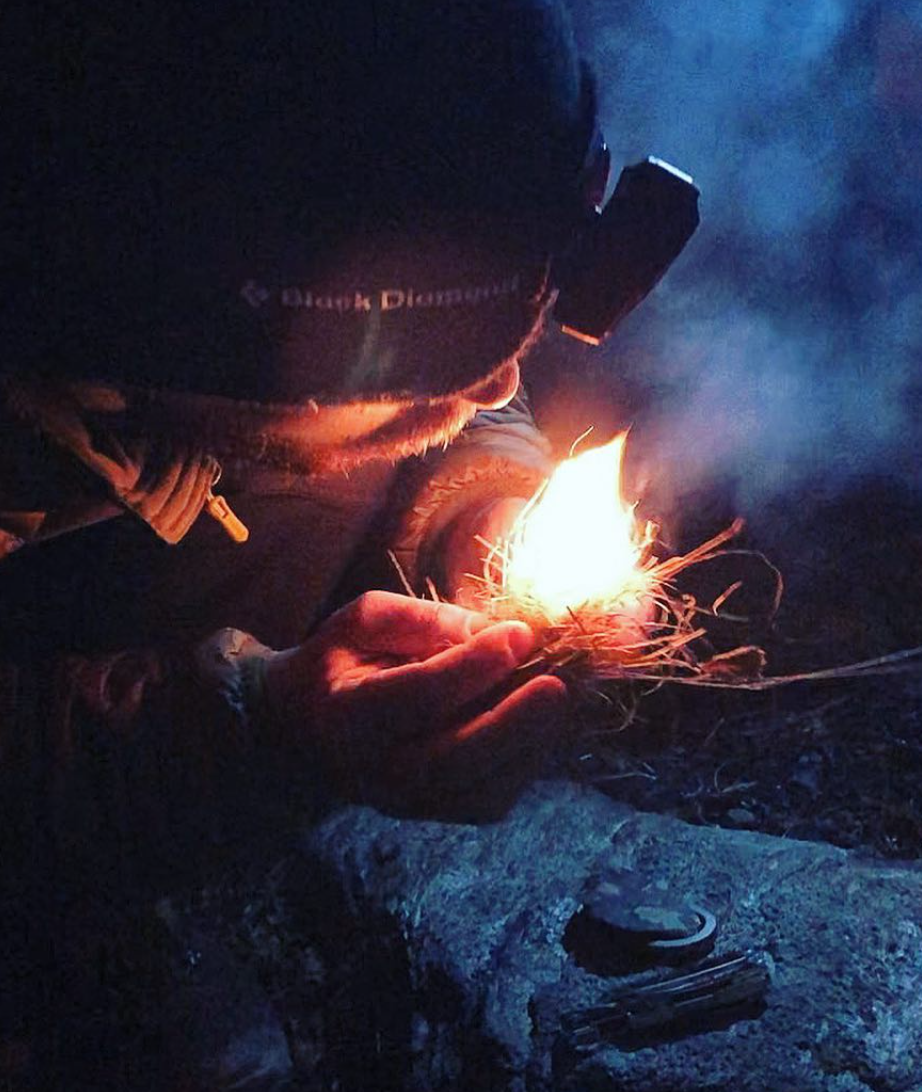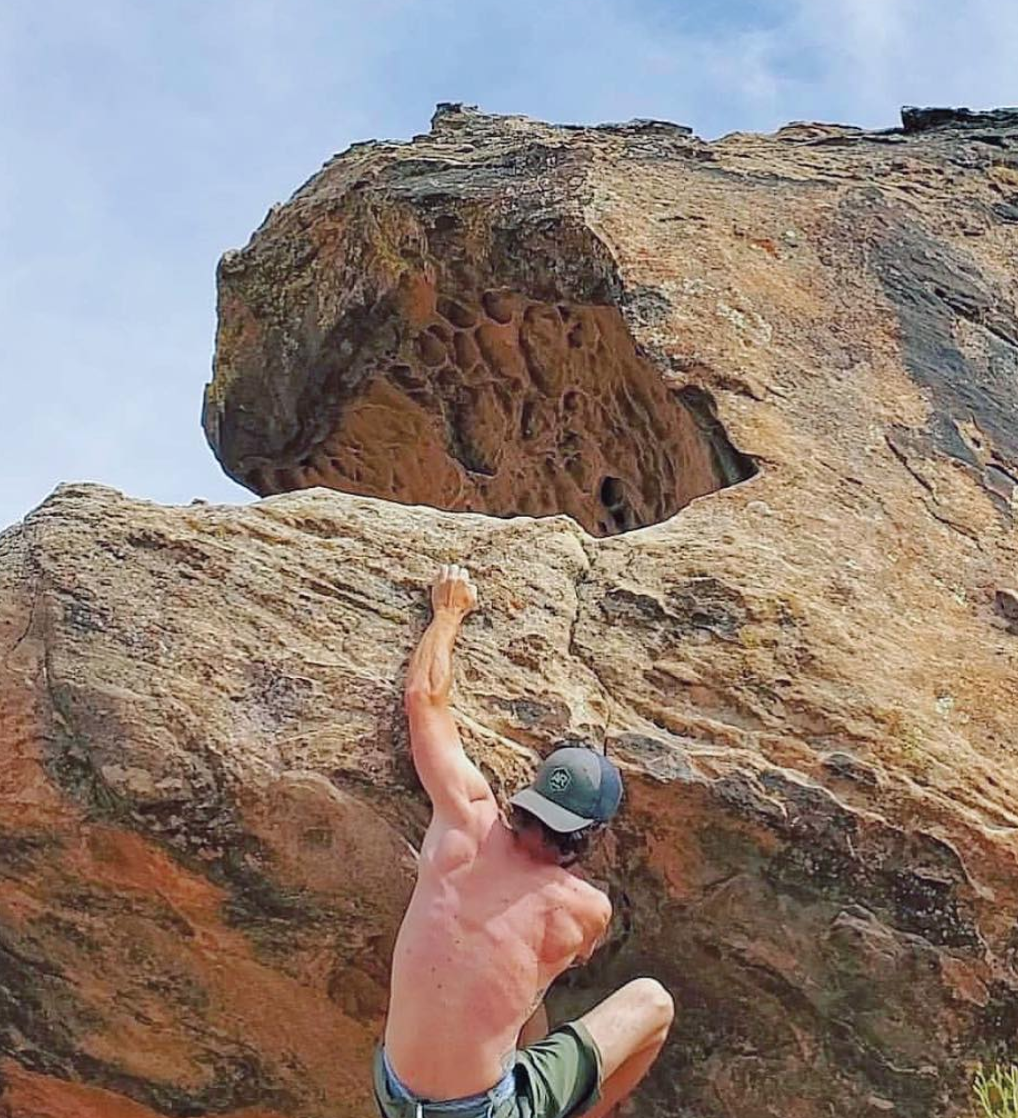There are core components of the AR approach and teachings that have a significant impact, and one of these pillars is connection with others. Through the peer mentorship relationship, we develop deeper aspects of connection and a sense of purpose that many of us lost or didn’t get to develop when drinking, doing drugs, or engaging in self-harm.
It is through communication, shared experiences, and camaraderie that we really find ourselves. When we explore nature, learn new skills, and engage in adventures together, we are brought to the immediate, into the moment and we grow. Furthermore, the willingness found in being open to learning new skills and tools puts us in a positive position for mental health and resilience. The flexible mind is a healthy mind. When we are teachable, we cultivate this flexibility. And in the dynamic of peer support, all parties reap the benefit. Adventure Recovery holds the development of these relationships, through the trainings that create Adventure Recovery Coaches and Adventure Recovery Guides. But the main element of it all is mentorship.
Research shows that the mentorship relationship can have profound impacts, personally and professionally. In addition, studies find the mentorship relationship can directly impact our sense of ease and wellness, our physical well-being, and belonging in the world. This is significant, especially for those of us on the path of discovery and recovery. The Adventure Recovery Coaching model is deeply rooted in the evidence-based mentoring approach of leaning on and learning from someone you respect and trust. This practice has centuries of field testing to back it up.
Adventure Recovery National Field Director, Nate Bennick, shares his take on recovery, the adventure experience, and why mentorship is so meaningful to him. We hope his thoughts speak to you.
Mentorship Through Adventure
When I engaged in unhealthy behaviors, I was alone and isolated. I remember dreaming of a life for myself and so desperately wanting it—to feel free, to experience fully, to have meaningful relationships. Unfortunately, I found myself living out another person’s image of what my life should be. I was unhappy and unfulfilled. In addition, living through the eyes of others led me to destructive tendencies. I wasn’t being true to myself and really didn’t know who I am. I always desperately wanted someone to just give me permission to go out and be who I wanted to be but was always disappointed when given an answer that was incongruous with my own thoughts. I was living with a limited belief in myself. Because of this, I could not trust the sense to take action.
Learning to Trust
Fortunately, there are times in my life when I find a mentor who I truly trust—someone who knows me completely and knows my dreams. Recovery taught me that it’s OK to reach out and ask for help. What’s more, it’s necessary. Problems shared are problems halved. When we reach out to others, we can never know how our experience may impact them, how it could be helpful.
There are moments when I go to these individuals with a problem and the response is them asking me what I think is best. The people that I let into my life believe in me and my capacity to change. They know me and know that I am on a path. What’s more, because I’ve shared my inner world, they know what I need. As a result, my mentors inspire me to challenge myself, to create, to achieve. To feel someone’s belief in me means a great deal. When I first started to find these guides, it was a bit awkward for me and I may still have moments. I question whether they might judge. But as soon as I open up, that fear subsides. My mentors encourage me and point me in the direction of my dreams. As a result of my openness, they can share specific experiences that they know will benefit me because they truly know me. Hence, after having these experiences, I begin to build confidence and esteem. This is a life-changing practice.
Building A Sense of Self
As my sense of self grows, so does my ability to live fully. I find myself doing the things about which I dreamed. And as my dreams and reality become one, I develop a tangible faith—in myself and others; in the greater picture. Also, I have someone in my life who really understands me, who inspires me, and who believes in me.
I am human. I make mistakes and get lost in moments. But my close mentorship relationships provide me with someone to remind me to admit when I’m wrong. My mentor reminds me of my desired path. Consequently, they can confront me when I am limiting myself. This has an impact on me greater than any words can do justice. There is profound power in speaking something into existence. To share a plan, a dream, a wish with another human being allows for these ideas to evolve into action.
These relationships have granted me someone who is a teacher, coach, confidant, and most importantly a lifelong friend. Sharing in achievement magnifies the growth. It makes the dreams real.
To those who have guided me in my sobriety, my professional life—who have pushed me to show up fully in all arenas—thank you. I could not have done it without you.
If you are wondering whether you might benefit from a mentor—a coach or a guide—know that you will never regret the connections you make. You will only regret the ones you don’t.
—Nate Bennick, Field Supervisor at Adventure Recovery





